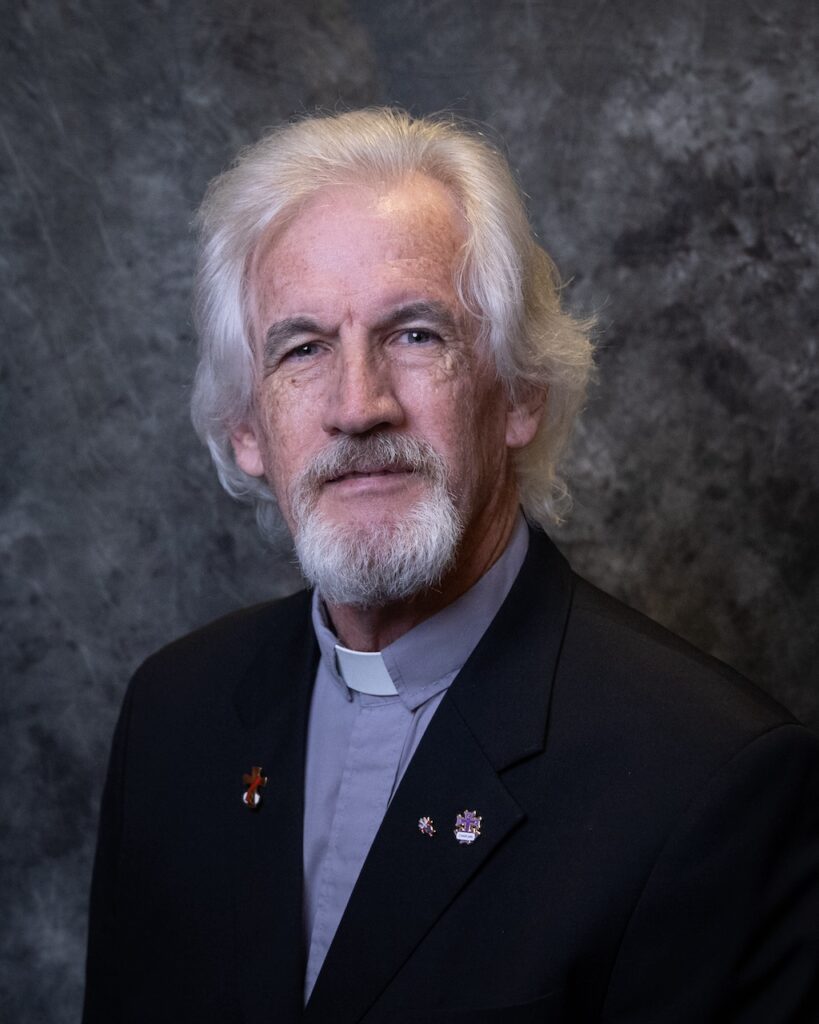Reflection on readings for August 13, Nineteenth Sunday in Ordinary Time
1 Kings 19:9a, 11-13a
Psalm 85:9, 10, 11-12, 13-14
Romans 9:1-5
Matthew 14:22-33
Many years ago, I was on a trip on a dreary, rainy, foggy day. As I continued up the mountain, the fog became thicker, and I was ready to turn back at the top where there was a safe place to turn around. However, less than a quarter of a mile from the top, the fog separated and there was bright, beautiful sunshine. For me, this was an experience of God, much like the soft breeze was for Elijah.
This is what the readings from 1 Kings and Matthew speak to us about: experiences of God, sometime referred to as a theophany. They can happen in different places and times; sometimes when we least expect them. Experiencing God can come in the midst of storms or in the calm after a storm. Some friends at church experience God in instances they refer to as “God winks” – instances that can only be explained as God’s presence.
Elijah’s and the apostles’ experiences were incidents in nature, as was mine. People can experience God in a beautiful, serene sunrise or sunset. Sometimes, it is in tumultuous times of our lives that we experience God.
In the movie “Forrest Gump,” Lieutenant Dan had a “God moment” in the midst of the hurricane. While he wasn’t quietly praying, he was communicating with God in his own way. Forrest, speaking of Lt. Dan, says, “I think he made his peace with God that day,” which may be another way of saying he had an experience of God.
Sometimes we experience God’s presence through experiences with and through others. The healing of a loved one by Jesus might be an experience of God’s presence. How could the Jewish official not experience God’s presence when Jesus brought his daughter back to life? How could the woman with the twelve-year bleeding disorder or the man born blind not experience the presence of God in their healing by Jesus?
Last week, we celebrated the Transfiguration of Jesus, a very vivid theophany for Peter, James and John. Lifetime events can bring about a God experience. The birth and baptism of a baby, or the funeral of a loved one, are times that can certainly be theophanies for us. The sacraments are special times and expressions of God’s presence.
Sometimes, even with all things God has done for people, they fail to see God’s presence in their lives. This is what Paul is speaking about to the Romans. Paul writes about all the events in Jewish history where the presence of God had been manifested to the Israelites: adoption by and covenant with God; the giving of the law and the promises of God; and the prophets and patriarchs.
In spite of all of these, the Israelites have failed to recognize the greatest manifestation of God, Jesus, the Christ, the long-awaited messiah. He bemoans this and says he would gladly give up his physical life if it meant them recognizing Jesus as the messiah.
Would he say the same thing about us? Do we fail to recognize the theophanies in our lives even though he has given us many experiences of this presence? What can we do to help ourselves recognize these God experiences, appreciate them more, and help others to see them in their lives? I think this is the challenge the Scriptures give us today.
 Deacon Christopher Colville serves at Church of the Redeemer, Mechanicsville.
Deacon Christopher Colville serves at Church of the Redeemer, Mechanicsville.

